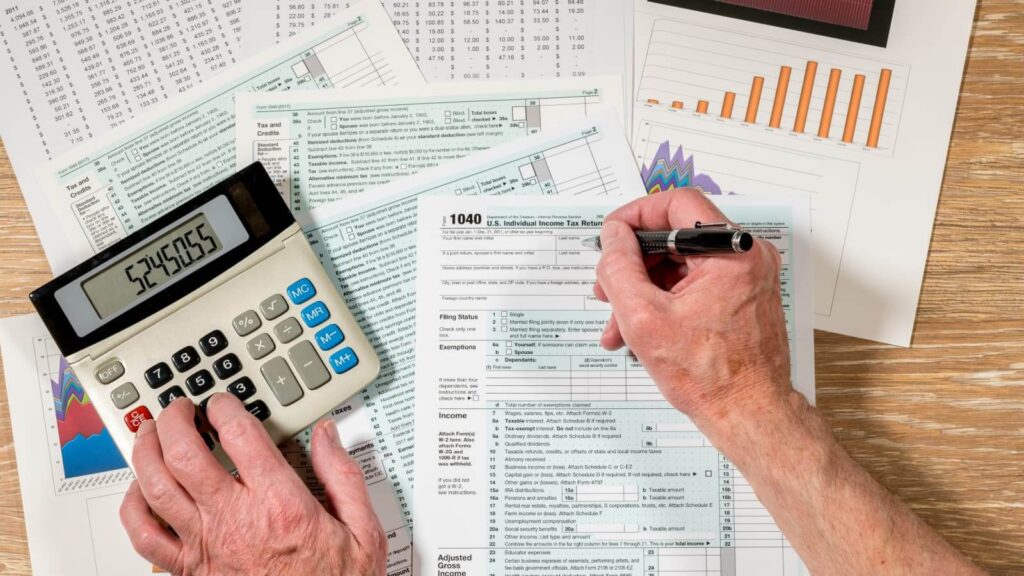In Pakistan, as in many countries, fulfilling your tax obligations is not just a legal requirement but also a crucial civic duty. Whether you’re a salaried individual, a business owner, or a freelancer, understanding the process of becoming a tax filer is essential. However, navigating the intricacies of Pakistan’s tax system can seem daunting at first. Fear not, as this guide aims to demystify the process and provide you with clear steps to become a tax filer in Pakistan.
Understanding Tax Filing
Before delving into the process, let’s clarify what it means to be a tax filer in Pakistan. A tax filer is an individual or entity that is registered with the Federal Board of Revenue (FBR) and submits a tax return, detailing their income, expenses, and taxes paid or payable for a specific tax year. Here is news about how FBR introduced penalties on Cash transactions in the real estate industry.
Who Should File Taxes?
In Pakistan, the requirement to file taxes depends on your income and sources of revenue. Generally, if you meet any of the following criteria, you are obligated to file a tax return:
- Salaried Individuals: If your annual income exceeds the taxable threshold, currently set at PKR 600,000, you must file a tax return.
- Business Owners and Professionals: Individuals engaged in business or freelance professions, regardless of income level, are required to file taxes.
- Property Owners: If you own immovable property with a cumulative annual rental income of PKR 200,000 or more, you must file a tax return.
Steps to Become a Tax Filer
- Obtain a National Tax Number (NTN): The first step towards becoming a tax filer is obtaining an NTN from the FBR. You can apply for an NTN online through the FBR’s online portal or visit the nearest Regional Tax Office (RTO) or Tax Facilitation Centre (TFC) for assistance.
- Complete the Registration Form: Once you have your NTN, you’ll need to complete the registration form relevant to your taxpayer category. This could be an Individual, AOP (Association of Persons), Company, or any other applicable form.
- Submit Required Documents: Along with the registration form, you’ll need to submit necessary documents such as your CNIC (Computerized National Identity Card), proof of income, and any other documents specific to your taxpayer category.
- Verification and Approval: The FBR will verify the information provided and issue a Taxpayer Registration Certificate (TRC) upon approval. This certificate confirms your status as a registered taxpayer.
- File Tax Returns: Once registered, you are required to file your tax returns annually. This involves documenting your income, deductions, and taxes paid or payable for the tax year. You can file your returns electronically through the FBR’s online portal or seek assistance from tax professionals.
Benefits of Being a Tax Filer
Becoming a tax filer in Pakistan offers several benefits, including:
- Legal Compliance: Fulfilling your tax obligations demonstrates compliance with Pakistani tax laws, avoiding penalties and legal consequences.
- Access to Financial Services: Tax filers have better access to financial services such as bank loans, credit cards, and leasing facilities.
- Tax Refunds: If you’ve paid more taxes than you owe, you’re entitled to a refund, which is only possible if you’re a registered tax filer.
- Contribution to National Development: By paying taxes, you contribute to the development and welfare of Pakistan, supporting essential public services and infrastructure.
Conclusion
Becoming a tax filer in Pakistan is a fundamental responsibility that contributes to the country’s economic growth and development. By following the steps outlined in this guide, you can navigate the process with confidence and ensure compliance with tax laws. Remember, seeking guidance from tax professionals or utilising online resources provided by the FBR can further facilitate the process. So, take the initiative today and embark on your journey towards becoming a responsible taxpayer in Pakistan.
